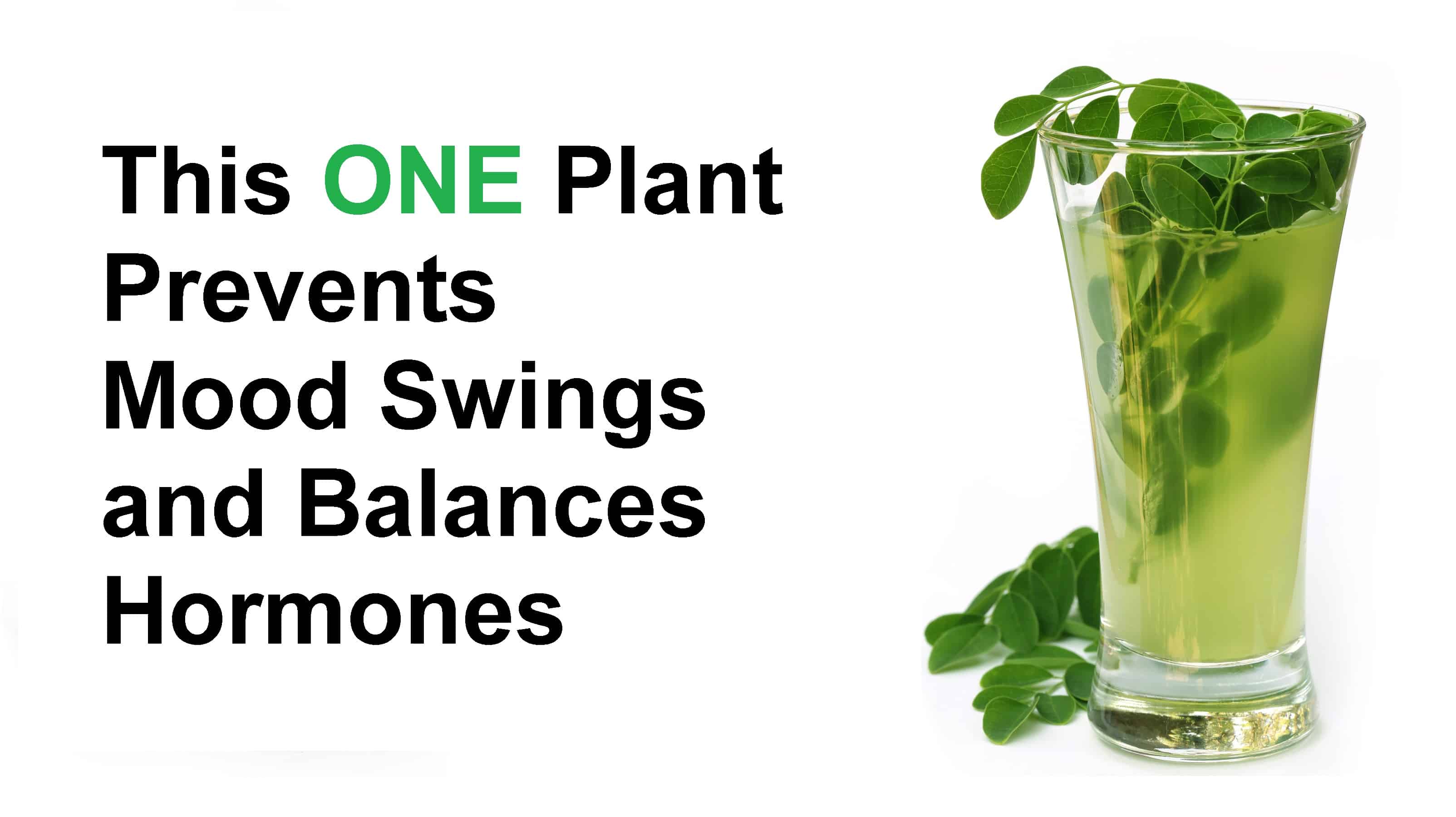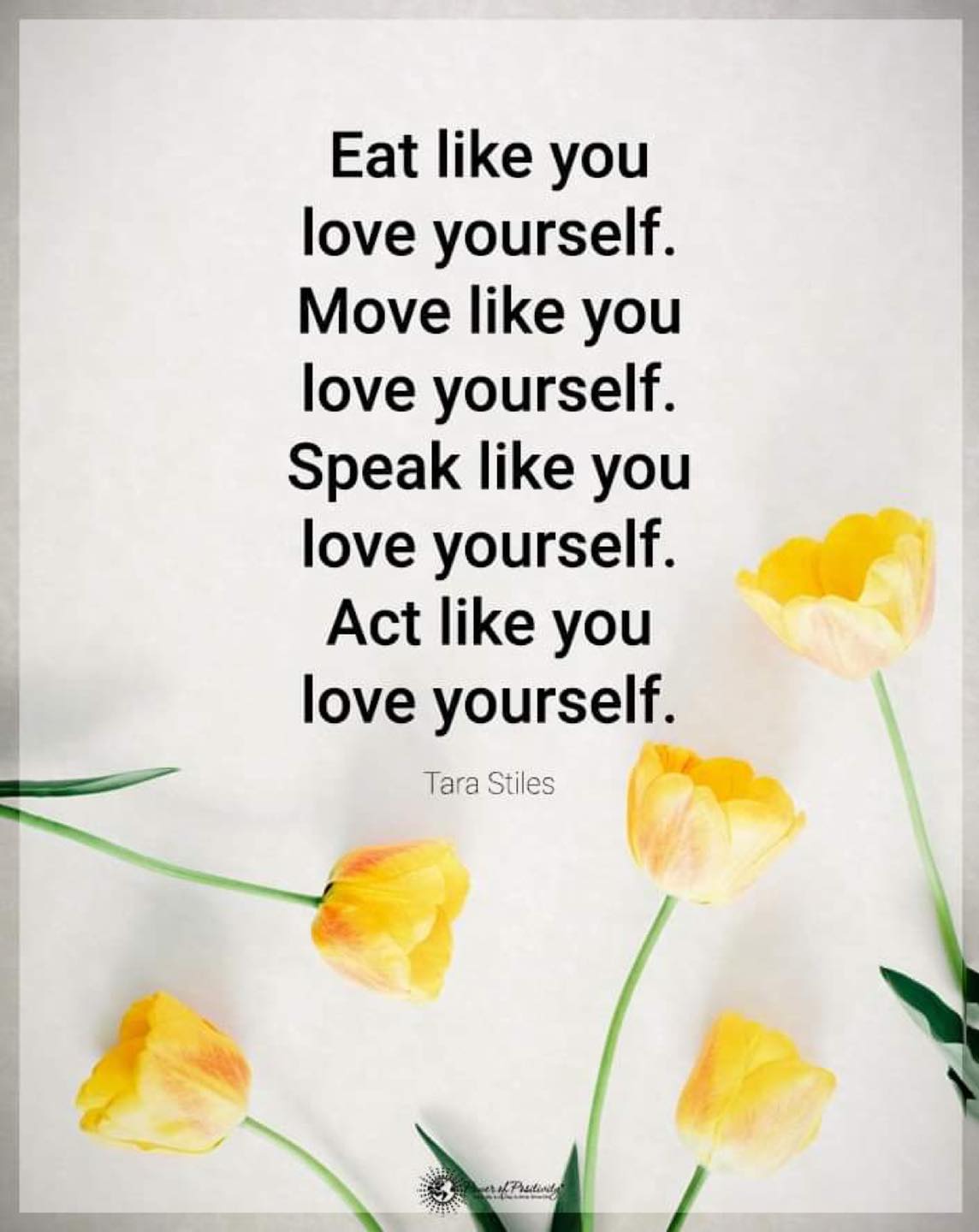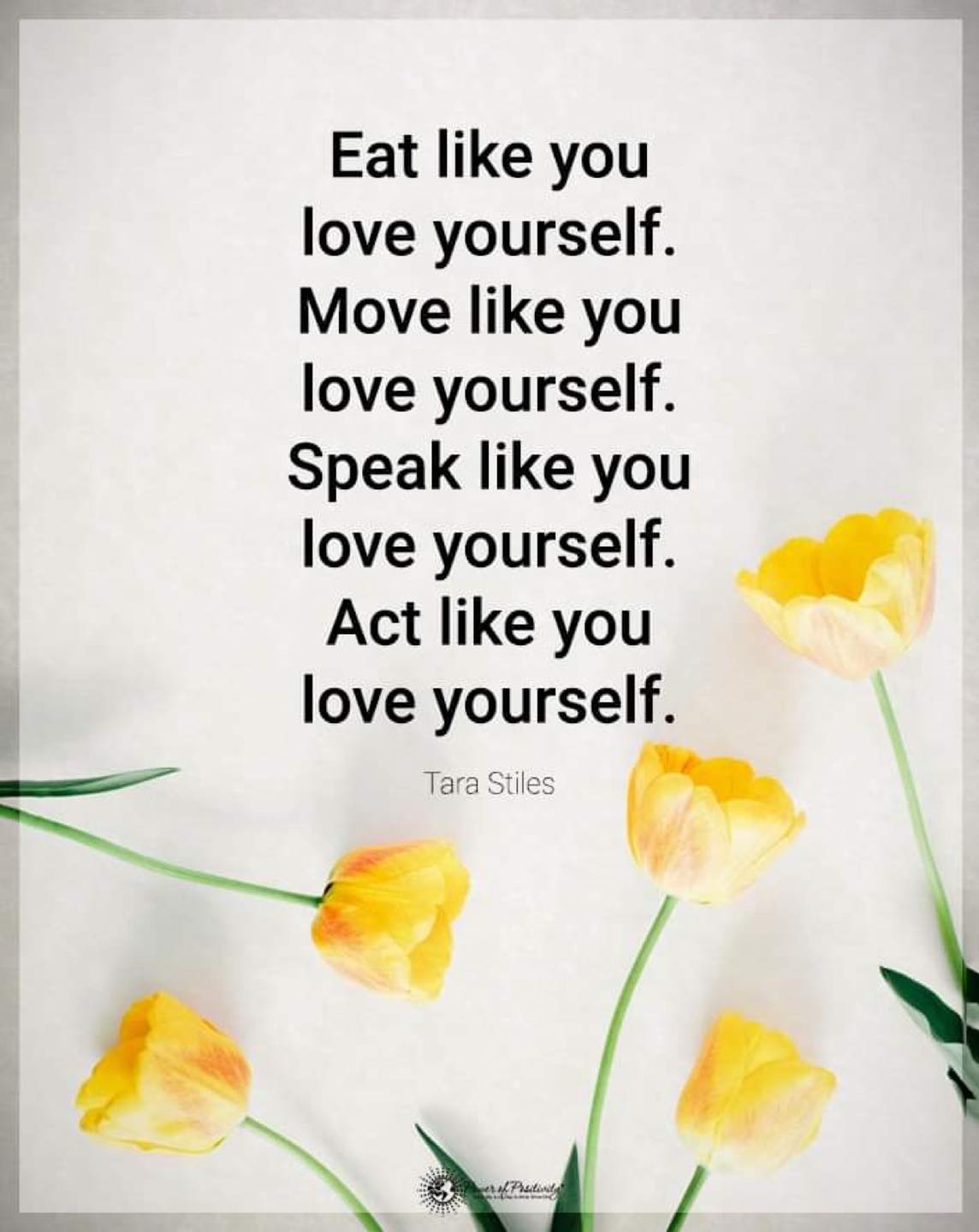If you want to have a better balance of vitamins and minerals for your brain and body, look no further than this special plant.
If you’ve never heard of it before, moringa contains so many vital nutrients for the body. Healers recommended it to patients for thousands of years because of its healing benefits. Today, millions of people use it in tea, and take moringa supplements or powder to enjoy the incredible benefits of this plant. To give you more of an idea of how powerful this plant truly is, in 2008, the National Institute of Health called moringa (moringa oleifera) the “plant of the year,” acknowledging that “perhaps like no other single species, this plant has the potential to help reverse multiple major environmental problems and provide for many unmet human needs.”
How Moringa Plant Can Help
Because moringa contains many antioxidants and nutrients, past research has focused mainly on how it can help to treat disease and malnutrition in many parts of the world. Almost every part of the plant can be used, as moringa is very versatile. Throughout the world, moringa is used for treating severe conditions including the following:
- inflammation-related diseases
- cancer
- diabetes
- anemia
- arthritis and other joint pain, such as rheumatism
- allergies and asthma
- constipation, stomach pains and diarrhea
- epilepsy
- stomach and intestinal ulcers or spasms
- chronic headaches
- heart problems, including high blood pressure
- kidney stones
- fluid retention
- thyroid disorders
- low sex drive
- bacterial, fungal, viral, and parasitic infections
Some interesting facts
So, to give you an idea of just how nutrient-packed moringa plant is, here are some interesting facts about the vitamins and minerals in this amazing plant.
- two times the amount of protein in yogurt
- four times the amount of vitamin A in carrots
- three times the amount of potassium in bananas
- four times the amount of calcium in cows’ milk
- seven times the amount of vitamin C in oranges
Have you ever tried the moringa plant? Here’s why you should:
Moringa grows in tropical locations around the world, from the Himalayas to parts of India and Africa, and it contains over 90 protective compounds to help combat disease and boost the immune system. Many people call moringa “the miracle plant” due to its potency as a natural remedy for fighting inflammation and malnutrition.
So, we’ll give you a few important reasons to start adding moringa to your diet.
It contains many antioxidants to help reduce inflammation
Moringa continues to gain traction as a powerful natural remedy and replacement to conventional pharmaceuticals because it contains some of the same compounds as the drugs do, without the nasty side effects. According to a report published in the Asian Pacific Journal of Cancer Prevention, moringa contains essential amino acids, carotenoid phytonutrients, as found in carrots and tomatoes, and antibacterial compounds that work identically to those found in medicines.
Inflammation can cause many problems within the body. Still, moringa can fight inflammation due to the potent anti-aging compounds present in the plant, including Vitamin C, beta-carotene, quercetin, and polyphenols. These compounds help to reduce risks for certain types of cancers, high blood pressure, and other chronic diseases.
It can balance hormones naturally
In a 2014 study published in the Journal of Food Science and Technology, researchers selected ninety postmenopausal women between the ages of 45–60 years to test how different levels of moringa would affect their hormones. Results showed that supplementing with moringa and amaranth caused marked increases in antioxidants in the body along with impressive decreases in oxidative stress.
Also, researchers found better-fasting blood glucose levels and increases in hemoglobin, leading them to conclude that moringa can prevent hormonal changes and age-related diseases.
Moringa plant promotes brain health and prevents mood swings
Moringa contains a significant amount of protein and is packed with tryptophan, which helps the body produce the serotonin relaxation hormone. Besides that, Moringa can also help reduce fatigue, depression, mood swings, and insomnia, according to some studies.
Final Thoughts: How to Use Moringa
If you’d like to start using the moringa plant, here are the most common ways to do so:
- Dried moringa leaves or powder. The leaves of the moringa plant have the most antioxidants and healing benefits. So you can either take capsules, powders, or teas with mealtimes to utilize the plant in this way.
- Moringa seeds. Moringa pods and flowers have high phenolic content, essential proteins, and fatty acids. These parts of the plant can help to purify water and add protein to nutrient-poor diets. Creams, capsules and moringa powders will usually be prepared using the seeds.
- Moringa oil. Also called Ben oil in some parts of the world, you can find moringa oil in creams and lotions. If you choose to get the oil by itself, keep it in a cool, dark place away from high temperatures.











